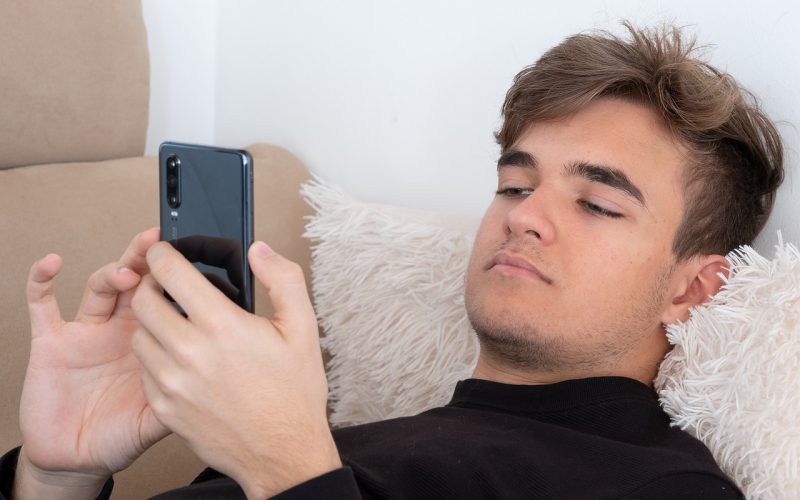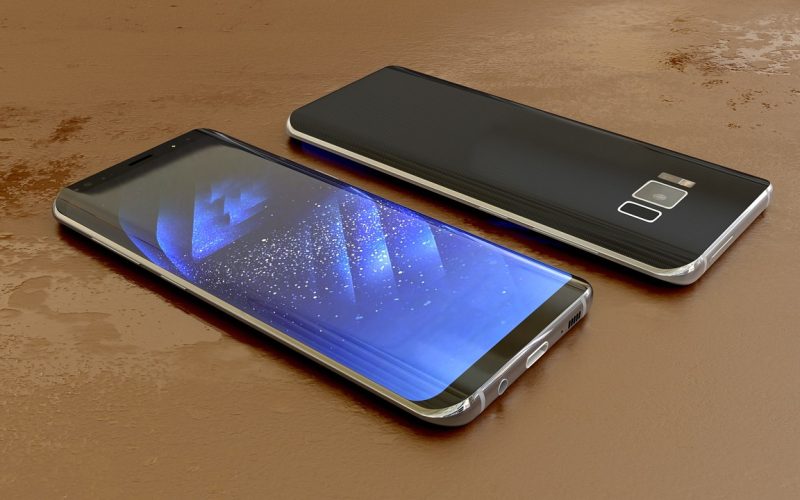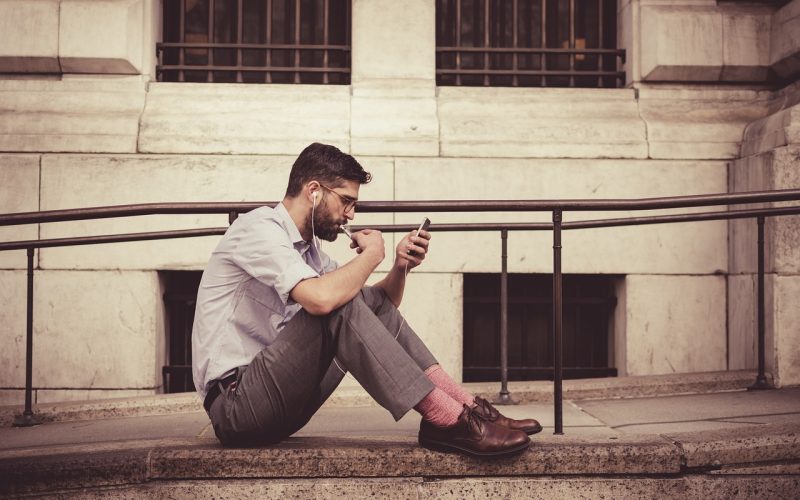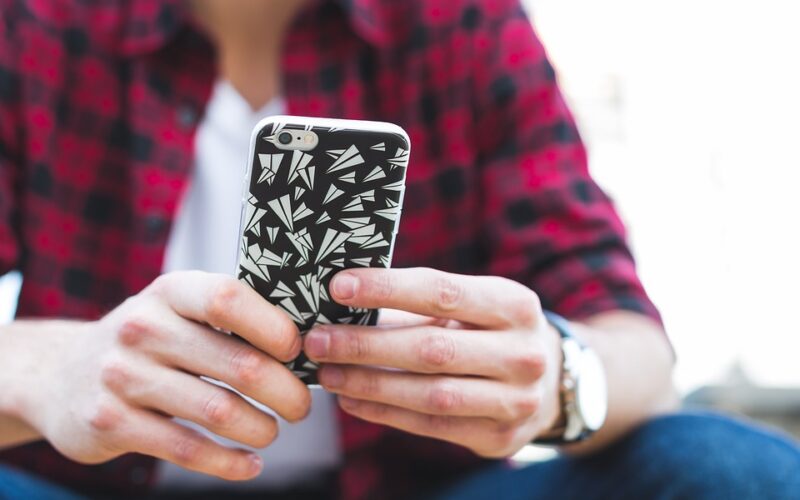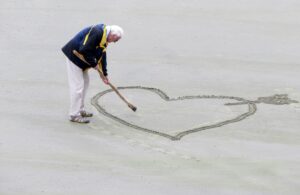The advent of online dating has revolutionised how individuals connect and form romantic relationships. With a few taps on a screen, users can meet potential partners from anywhere in the world, erasing geographical boundaries and altering the rituals that traditionally accompanied the dating process. This shift has brought about a significant change in how relationships are initiated and nurtured, doing away with some of the old-fashioned customs that once defined courtship.
The decline of physical gestures
In the past, giving flowers was a common gesture when courting a potential partner. Visiting the local florist to handpick a bouquet that conveyed the right sentiment was often seen as a thoughtful and romantic act. However, as online dating becomes more prevalent, such gestures have seen a decline. The immediacy of digital communication allows for instant expressions of interest, often replacing the need for tangible tokens. While digital interactions foster convenience, they also risk losing the personal touch that a carefully chosen bouquet from a florist might represent.
The rise of real-time communication
Online dating platforms have facilitated real-time communication, allowing individuals to instantly message each other without the delays that might have been experienced with traditional methods. This immediacy can accelerate the pace of a developing relationship, often bypassing the slower, more deliberate process of getting to know someone through face-to-face interactions. While this can lead to quicker connections, it can also mean that some of the more formal traditions, like waiting a few days to make a follow-up call after a first date, are becoming obsolete.
Changing notions of commitment
Commitment has also evolved in the age of online dating. The vast array of options available on dating apps can both empower and overwhelm users. With so many potential matches, the focus may shift towards exploring multiple possibilities rather than settling into a committed relationship quickly. Whereas traditional dating often involved a steady progression towards exclusivity, online dating encourages a more exploratory approach, which can lead to a re-evaluation of what commitment means in the modern age.
The impact on social rituals
Social rituals surrounding dating have also changed significantly. Group dates and social gatherings, once a common way to ease the anxiety of early encounters, have been largely replaced by virtual meetings and one-on-one chats. The convenience of online communication means that individuals can get to know each other intimately before deciding to meet in person. This shift has streamlined the dating process but has also removed some of the communal aspects of courtship that were once valued.
Redefining personal connections
Online dating has also redefined how personal connections are made and maintained. While traditional dating allowed for face-to-face interactions that could build deeper, more meaningful bonds, the anonymity of online dating can sometimes hinder authentic connections. The lack of immediate physical presence means that non-verbal cues, such as body language and tone of voice, are often missing, making it harder to gauge compatibility. However, for those who thrive in digital environments, the ability to articulate thoughts and feelings through text can be liberating and foster unique connections.
The future of dating
As online dating continues to evolve, it is likely that even more traditional customs will be adapted or replaced. While technology offers new ways to connect, it is essential to balance these innovations with the timeless elements of romance that many still value. By acknowledging and integrating both old and new traditions, individuals can craft a dating experience that maintains the best of both worlds. Ultimately, while the mechanics may change, the fundamental desire for connection and companionship remains as strong as ever.



